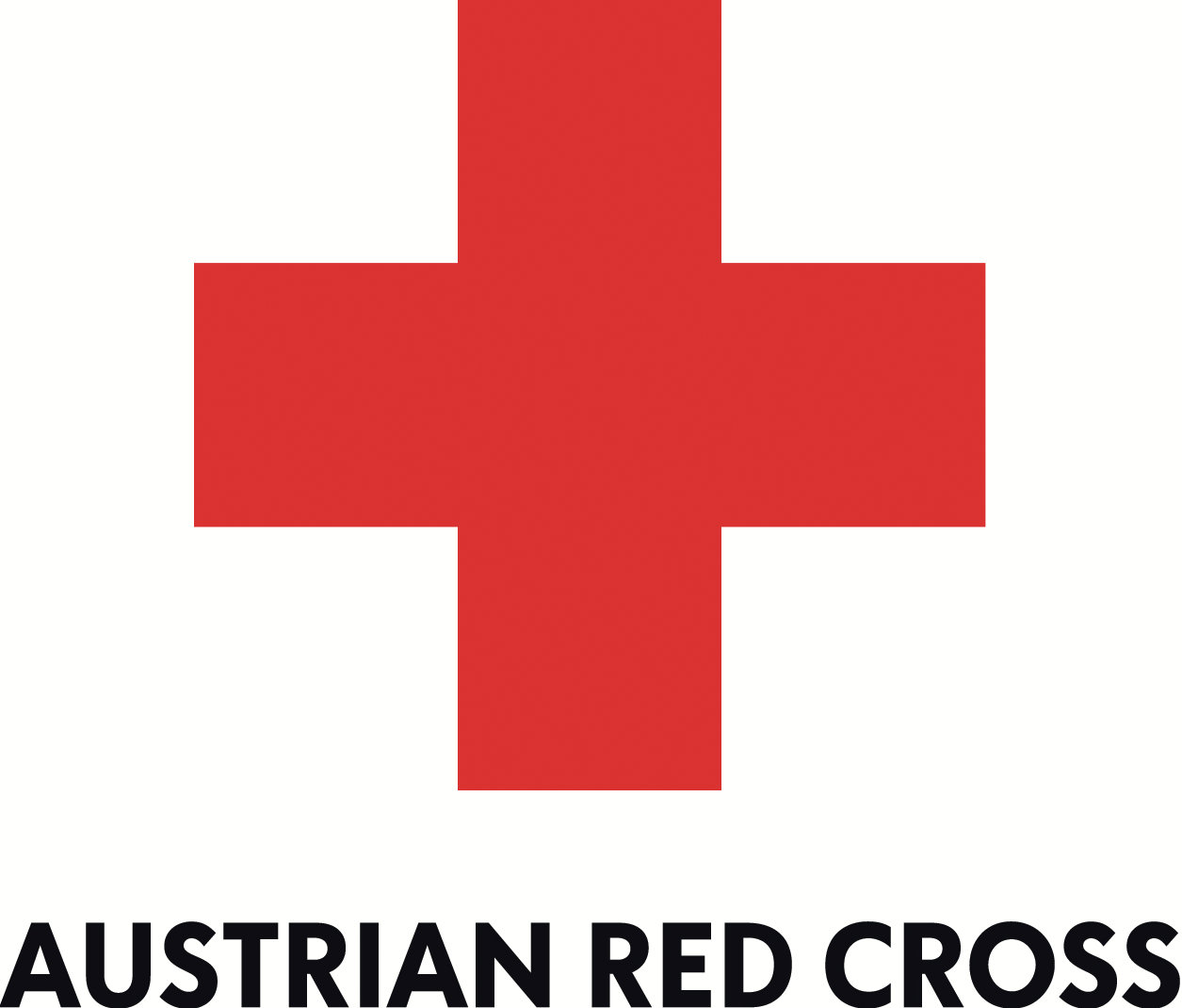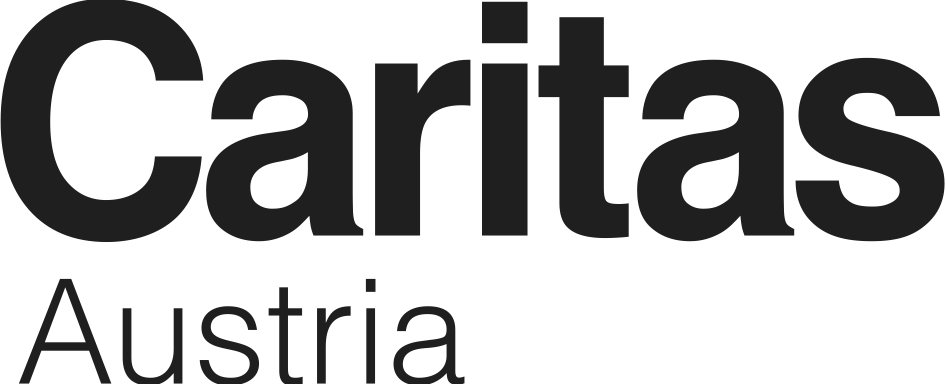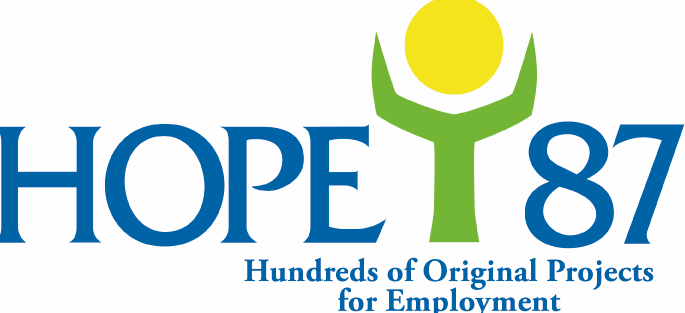Moderator: Thomas Seifert
Panel members: Ariane Bauer, Christos Christou, Mervat Shelbaya, Claus Haugaard Sørensen
The humanitarian imperative is an absolute moral obligation to save lives and alleviate human suffering on the basis of need, without discrimination; political or other considerations cannot be used to diminish or overrule it.
The imperative derives from the fundamental principle of humanity – that all human beings are born free and equal in dignity and rights – proclaimed in Vienna in 1965. Four of the component principles – humanity, impartiality, neutrality and independence – were codified in UN General Assembly resolutions in 1991 and 2003 as the ‘humanitarian principles’, and have been universally accepted in situations of humanitarian concern ever since. The principles are thus reflected in international law but derive their force ultimately from the moral need to act in the face of need and from the belief that some actions are good in and of themselves.
Today, to what extent can we uphold those principles and, above all, save lives in a highly politicized environment, with 2 billion people currently living in conflict areas, with a hunger crisis affecting large parts of the world that have not yet recovered from the pandemic, and with the climate crisis already causing losses and damages in many low-income countries? The intensity and frequency of disasters continues to rise due to climate change, which concurrently erodes the livelihoods of, for example, farmers and nomadic populations who depend on rainfall patterns. All this means that a growing part of humanity lives in situations of recurring and multiple crises, with the weakest and poorest – like people living in conflict or below the poverty line and people on the move – struggling to survive and hardly able to receive support.
At the same time, humanitarian space is shrinking. Too often humanitarian access is limited, and the humanitarian imperative comes under attack: migrant push-backs in the Mediterranean, ill-treatment of refugees and migrants in Libya and along other routes into Europe, public questioning of principled humanitarian action in Ukraine, and blatant disregard for the protection afforded by international humanitarian law in armed conflict – which includes among other things protection for civilians, prisoners of war, critical civilian infrastructure, and health systems.
What is the responsibility of politicians and policy-makers in enabling humanitarians to preserve their neutrality, independence, and impartiality rather than using aid for foreign policy goals? How can political leaders prioritize saving lives over geopolitical and power considerations amidst threats of a global recession, a climate and environment crisis, depleting natural resources, an unequal global trade and finance system, and power struggles between and within countries?
Main Ceremonial Hall/ Großer Festsaal


















